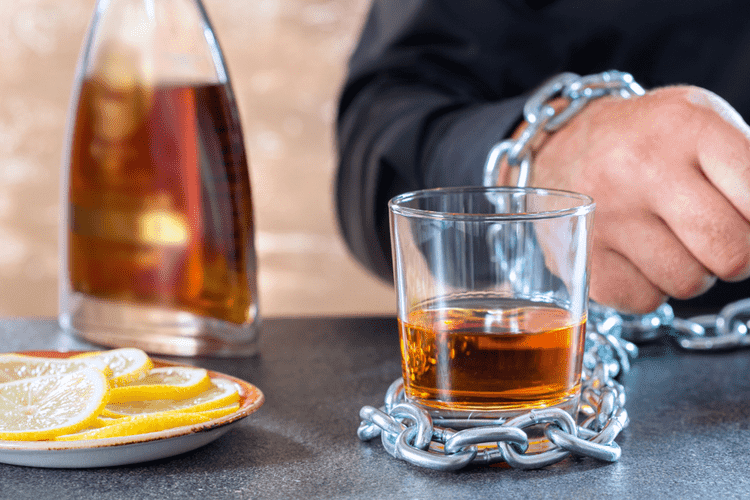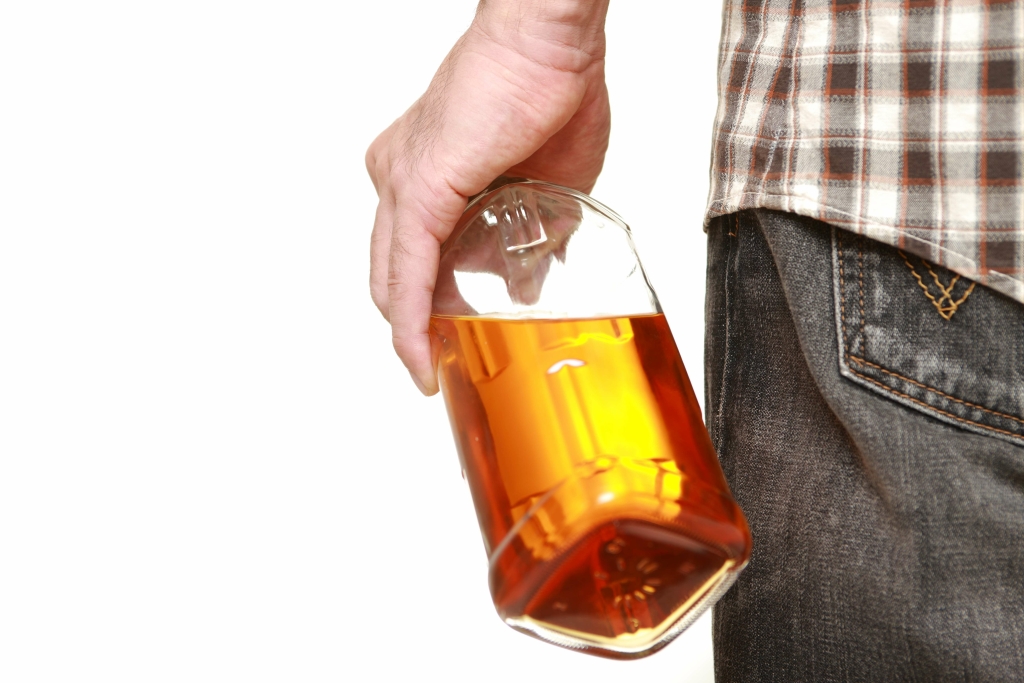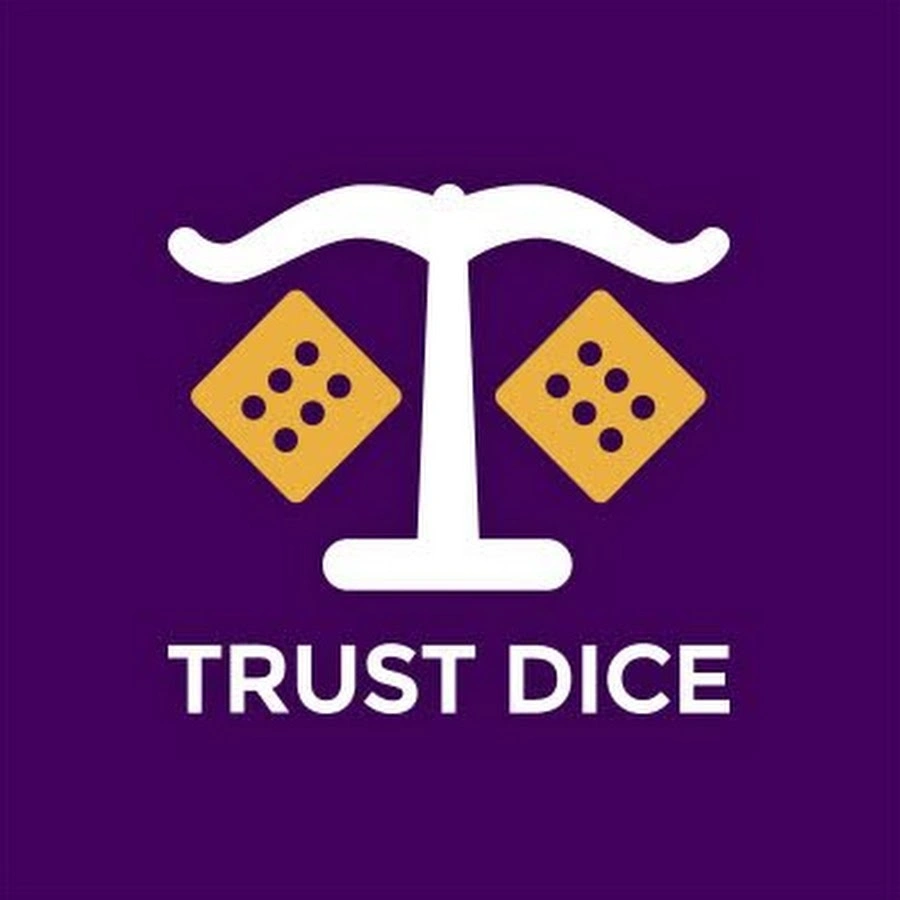These drugs can cause severe intoxication, which results in dangerous health effects or even death. When someone continues to use drugs, their health can deteriorate both psychologically and neurologically. Treatment typically involves a combination of medication and individual and/or group therapy, which can take place in the community or at an inpatient rehabilitation center. For example, instead of saying that someone is “an addict,” say “they are living with a substance use disorder.” Using this type of language helps destigmatize the disease. Addiction treatment is highly personalized and often requires the support of the individual’s community or family.
International Patients

Relapse rates for drug use are similar to rates for other chronic medical illnesses. what is a drug addiction If people stop following their medical treatment plan, they are likely to relapse. Like treatment for other chronic diseases such as heart disease or asthma, addiction treatment is not a cure, but a way of managing the condition.
Relapse is common because addiction deeply affects brain circuits related to memory, reward, and stress. Triggers in a person’s environment—like seeing a person they used with or visiting a place where they used—can create intense cravings that are difficult to manage. A relapse doesn’t mean treatment has failed, but that the treatment plan needs to be adjusted. The front page of DrugAbuseStatistics.org features the most noteworthy drug abuse data, including overdose deaths, demographics, mental health, drug abuse treatment programs, and the cost of the War on Drugs. In the past, addiction was thought to only encompass substance abuse, but the definition has been expanded to include activities like gambling as well as gaming, shopping.
Treatment Options For Addiction

The causes of AUD include genetic predisposition, social factors, environmental cues, psychological stress, and co-occurring mental health disorders. Preclinical research has shown that stress exposures, especially in early life with child maltreatment and regular adversity, enhance drug self-administration and precipitate many relapses in individuals with addiction. However, any ‘stress’ that is prolonged or chronic can become unpredictable and uncontrollable, resulting in a loss of sense of accomplishment or adaptability and the development of homeostatic dysregulation. This homeostatic dysregulation creates the potential for drug-seeking behaviors and possibly addiction.
- Therefore, they prioritize the substance or action over everything else to feel good.
- While these substances are very different from each other, they all strongly activate the reward center of your brain and produce feelings of pleasure.
- Tolerance happens when a dose of a substance does not work well enough over time.
- The psychological factors that cause addiction include specific vulnerabilities like low self-esteem, impulsivity, sensation-seeking tendencies, and poor coping skills.
- Other commonly used substances do not fall into the above categories.
You might need to get care in a clinic, at home with supervision, or in a hospital. The most important thing to know is you don’t have to go through it alone. Most people who take their pain medicine as directed by their doctor do not become addicted, even if they take the medicine for a long time. Fears about addiction should not prevent you from using narcotics to ease your pain, but it’s smart to use caution. Substance use disorder (SUD) is a medical diagnosis based on a set of well-defined criteria.
What Causes Drug Addiction?

Alcohol and nicotine are among the most addictive substances, but are legal for adults to consume. Physical dependence often contributes to the cycle of addiction, as a person may continue using a drug simply to avoid the pain of withdrawal. Addiction is the intense urge to engage in certain actions or behaviors, even harmful ones.
- Medications are also available to help treat addiction to alcohol and nicotine.
- The CRAFFT (Car-Relax-Alone-Forget-Family and Friends-Trouble) is a screening tool that is used in medical centers.
- That’s because the brain is still developing and more exposed to change.
To locate a substance abuse mental health provider, you can use a therapist-finder tool, such as the NIAA Alcohol Treatment Navigator, or contact your health insurance for a list of in-network providers. Regardless of the treatment approach, each method offers education about addiction and recovery. This may include topics like making life changes https://ecosoberhouse.com/ to support recovery, being honest, seeking help when needed, and practicing self-care.
Signs of a Cannabis Drug Addiction
To locate treatment facilities in your area, try calling the Substance Abuse and Mental Health Services Administration (SAMHSA) for a list of options. You can also visit SAMHSA’s treatment locator website, the American Addiction Centers location finder, or, if you have health insurance, call your insurance company for in-network services. For questions about medical detoxification, talk with your healthcare provider. If you or someone you care Alcoholics Anonymous about may have an addiction, talk to your provider right away. Your provider may want to do a physical exam and may request blood and urine tests.
- Just remind them that you care and ask permission to keep checking in with them.
- Some of these include drugs that were once common prescriptions, such as Laudanaum.
Children exposed to drugs before birth may go on to develop issues with behavior, attention, and thinking. It’s unclear whether prenatal drug exposure continues to affect behavior and the brain beyond adolescence. This leads people to compulsively use drugs in search of another euphoric “high.” The consequences of these neurological changes can be either temporary or permanent. If left untreated drug addiction can lead to serious, life-altering effects on the body. By Sarah Bence, OTR/LBence is an occupational therapist with a range of work experience in mental healthcare settings. Make sure that any conversation about your concerns does not occur while they are under the influence.
Health Categories
Drugs that are considered “gateway drugs” (that is, substances that are often precursors to abuse of other, possibly more dangerous drugs) or deemed a public health risk may also be listed under Schedule I. You can best help a loved one by recognizing the early warning signs of addiction and getting them help as soon as possible. If you struggle to get them into treatment, ask for help from a local mental health professional or interventionist to stage an intervention. Also, someone can have an addiction without having a dependence on a substance. However, when someone becomes dependent on drugs or alcohol, their risk of having an addiction dramatically increases.
The type of treatment a doctor recommends depends on the severity and stage of the addiction. With early stages of addiction, a doctor may recommend medication and therapy. Later stages may benefit from inpatient addiction treatment in a controlled setting.







